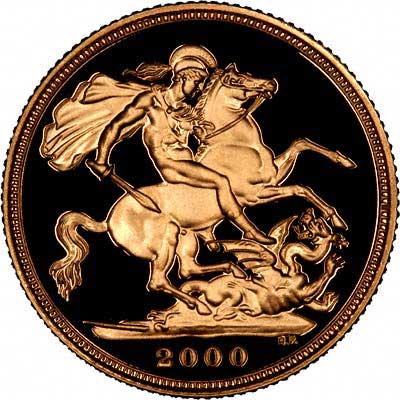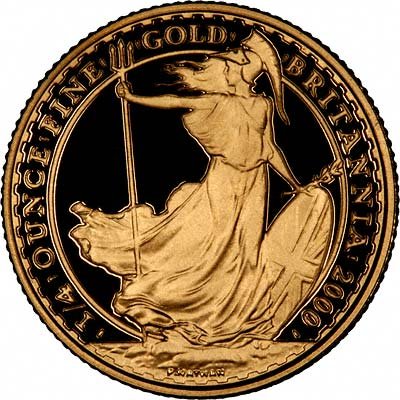
Disposals of pounds sterling are exempt from Capital Gains Tax. As gold sovereigns, half sovereigns, and gold Britannias in all four sizes, are sterling, they are, or should be, treated as exempt from C.G.T.
Don't forget that the following sterling coins are also exempt from CGT.
Income Tax
The first thing for us to stress here is that we are not accountants or tax experts, but we will give you the benefit of our limited knowledge.
Some people think, or perhaps hope, that they will not have income tax to pay on profits. Gold is not exempt from tax on profits or earnings, although for most private investors, profits on investment gold would be dealt with under CGT (Capital Gains Tax) rather than as income.
Capital Gains Tax Profits realised on disposals of investment gold would normally be subject to CGT, although there are now annual allowances before CGT becomes chargeable, so that most private investors would probably have no tax to pay.
Tax Free Disposal of Sterling Way back in the 1960's, we read that profits on disposals of sterling were exempt from CGT. Sovereigns, half sovereigns, and other British gold coins are legal tender sterling coins, and as such should qualify as exempt. Gold Britannias are also legal tender sterling, so they would also qualify for the same status. Until recently, we were not sure that this exemption was still current, but have now ascertained that it is, and it does strengthen the case for investing in gold sovereigns in preference to Krugerrands or gold bars. We would advise any investors to check with their accountants, tax advisors, or tax inspectors. We had tried searching numerous times on the Customs & Excise website, but failed to find the relevant information, however we recently found what we were looking for, so...
More About CGT & Currency
From HM Revenue & Customs Website
HM Customs and Excise were recently merged with Inland Revenue, because they were so inefficient. Their new combined website appears to confirm our worst fears, that the efficiencies would work in the opposite direction. It is very difficult to find the information you require on their site. Very little seems to be stated clearly and succinctly.
CG78307 - Currency: coins: legal tenderFrom this, it can be clearly inferred that sterling coins are exempt from Capital Gains Tax, indeed...
Coins are to be regarded as currency only if they are legal tender at the time of their acquisition or disposal. Coins which are currency but not sterling, for example Krugerrands, are chargeable assets.
CG78308 - Currency: coins: legal tender
Sovereigns minted in 1837 and later years and Britannia gold coins are currency but, like all sterling currency, are exempt because of TCGA92/S21 (1)(b).
CG78309 - Currency: coins: chattels
Coins (including pre- 1837 sovereigns) which are not legal tender are not currency. They are chattels and qualify for the chattels exemption in TCGA92/S262. A gain on such a coin is therefore exempt if the disposal consideration does not exceed the limits in CG76575. You should bear in mind the possibility that the disposal of more than one coin may constitute the disposal of a `set', see CG76630+.
The chattels exemption does not apply to coins which are non-sterling currency, TCGA92/S262 (6)(b).CG78305 - Currency Currency may take the form of notes, coins or travellers cheques.
Exemption From VAT The reason we selected "Tax Free Gold" as the name of this website was because, as from January 1st 2000, VAT was removed from "Investment Gold". Previously all gold bars and gold coins had been subject to VAT, although there were special cases for antique coins, and VAT did not always apply to gold coins from the introduction of VAT in 1973, for a period they had been exempt.
More Advice Our gold investment advice index page.

Gold Sovereigns Are Exempt From Capital Gains Tax

Gold Britannias Are Exempt From Capital Gains Tax
32 - 36 Harrowside, Blackpool, Lancashire, FY4 1RJ, England. Telephone (44) - (0) 1253 - 343081; Fax 408058;
E-mail: Contact Us The URL for our main page is: taxfreegold.co.uk
